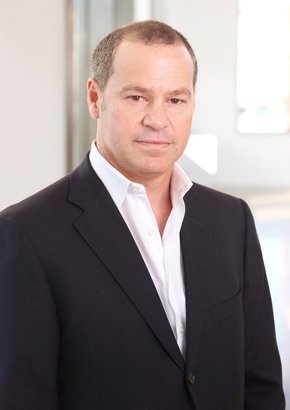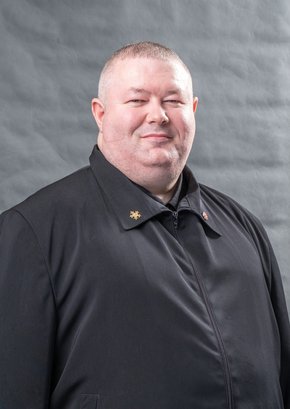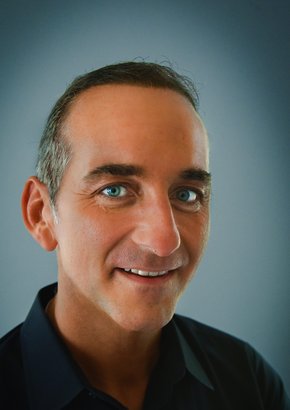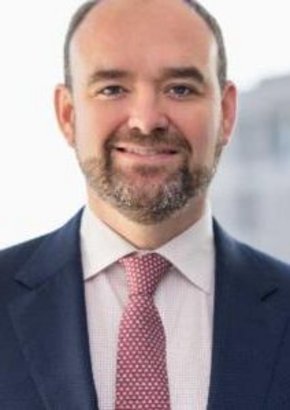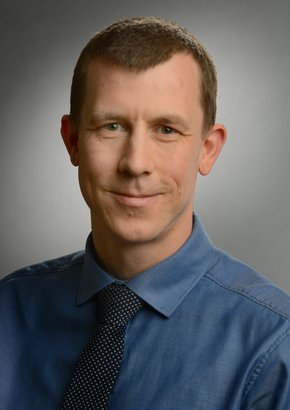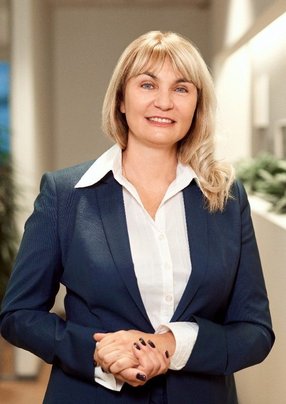
Natalya Makarochkina
Senior Vice President of the Secure Power Division at Schneider Electric

A seasoned IT and technology executive, Makarochkina has worked for Schneider Electric since 2015, starting in her native Russia before moving to become the multinational company’s Senior Vice President (SVP), Secure Power Division, International Operations in 2017 in Dubai, UAE.
Working within the Secured Power Division, Makarochkina’s role is part of Schneider Electric’s services in data centre physical infrastructure solutions for customers in the form of data centres, server rooms and edge computing solutions.
“At Schneider Electric, our slogan is ‘Life is On’, and I'm so proud to be part of a company that lives and breathes this ethos,” Makarochkina shares. “Beyond Schneider Electric's well-established reputation for sustainability, both globally and within the data centre industry, what truly sets us apart is our commitment to inclusivity. We have developed a groundbreaking white paper focused on extending energy access to those on the periphery—an initiative that resonates deeply with our core values.”
Building a new electric world with its customers, Schneider Electric is laser-focused on Electricity 4.0, which it sees as key to addressing the climate crisis through a more electric and digital world.
In 2022, Schneider Electric extended access to green and reliable electricity to 5.5 million people through solutions and projects, focusing on zero emissions and zero waste.
“That's why we call it Electricity 4.0, or for zero,” Makarochkina explains. “You have to really focus on zero waste. Don't waste what we already produce and be more efficient. Our servers are becoming more powerful, but we manage to ensure the infrastructure will allow us to use less energy.”
And, as AI continues to have a growing impact on the industry and wider world, Makarochkina and Schneider Electric are championing how despite it leaving a positive mark, it does present challenges for the data centre industry when it comes to power demands and sustainability.
Having recently published the whitepaper The AI Disruption: Challenges and Guidance for Data Center Design, Schneider Electric is providing insight into trends associated with the demands of AI workloads, and the subsequent challenges that puts on data centre facilities. The in-depth and forward-thinking report also provides industry-leading guidance into how each challenge in specific physical areas can be tackled head on, whether that be regarding power, cooling, racks, and software management.
“Everyone talks about AI nowadays,” Makarochkina says. “It is something that has had an impact on our lives in a positive way. But it has had the greatest impact on data centres. It is extremely important that the integration of AI applications in data centres be approached in a sustainable manner.”
AI already represents 4.3GW of data centre power demand today, with a projection of that figure potentially growing 26% to 36%, resulting in up to 20GW by 2028.
“This significantly outpaces the growth of data centre power demand at the moment,” Makarochkina adds, sharing that AI already accounts for 11% of data centre power. “We really need to understand how to be more efficient. It’s important to make sure that, when we talk about AI, we're talking not only about large data centres but also about edge data centres.”
Calling for emphasis on how to monitor and manage edge data centres, as well as how to combine growing AI with sustainability along with climate obligations, Schneider Electric is using its position to pioneer sustainability — where it has saved 440 million tonnes of CO₂, 90 million alone in 2022 — driving meaningful and life-changing innovation.
Makarochkina continues: “Our whitepaper talks about how AI disruption has brought significant changes and challenges in data centre design and operations, as well as the high demand. We estimate that AI workloads will represent 15% to 20% of the total data centre energy by 2028. The question is, what will we do to adopt it efficiently and handle the requirements of AI applications?”
With sustainability at the core of Schneider’s approach to ethical AI and other emerging technologies, Makarochkina — a mum of two — feels motivated to pave the way for a greener and more conscious generation.
“I really want them to live in a good world without having catastrophes all around,” she says. So, when I look at Schneider, I admire the way it treats the synergy of AI and sustainability. We really talk a lot about AI and its impact on data centres, but we are also very much responsible for integrating AI while advancing energy efficiency and resilient data centre operations.”
Make sure you check out the latest edition of AI Magazine and also sign up to our global conference series - Tech & AI LIVE 2024
**************
AI Magazine is a BizClik brand
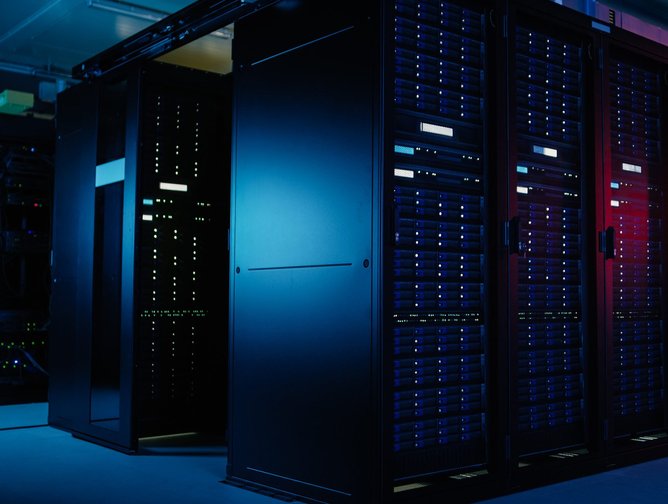
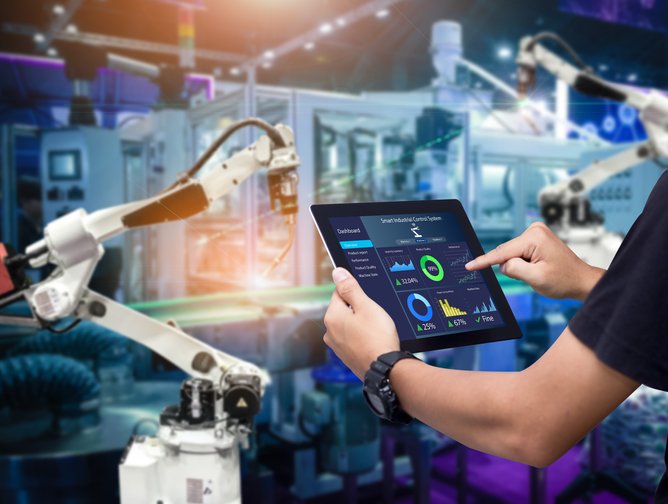
Featured Interviews
“Okada Manila throws everything at providing an extraordinary experience and we succeed every time”

